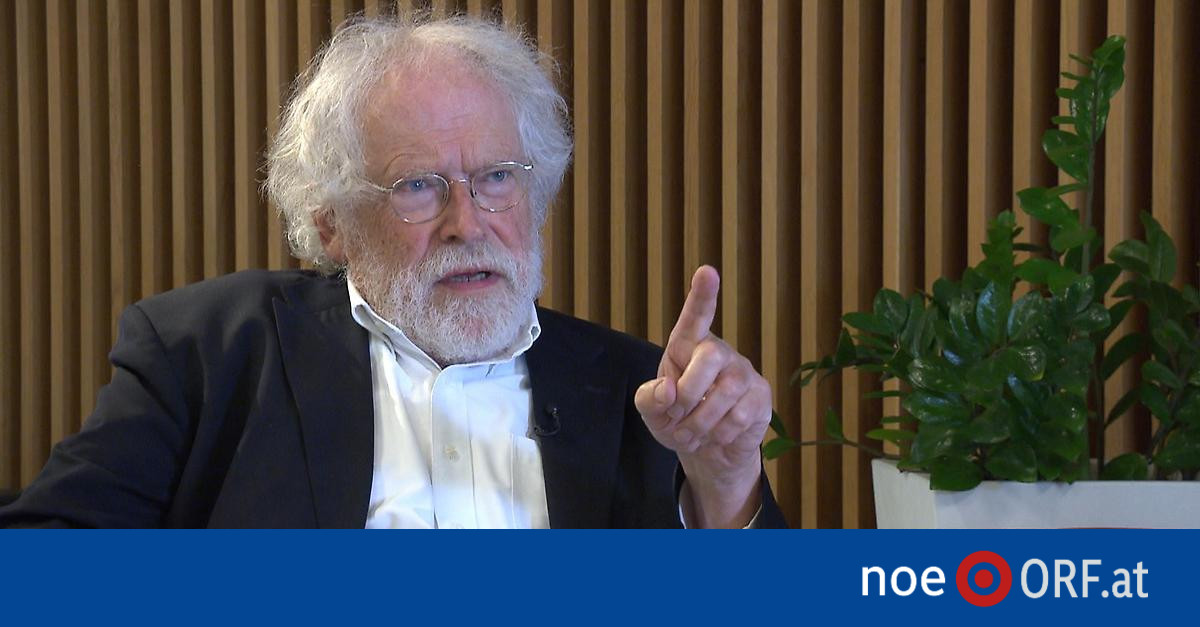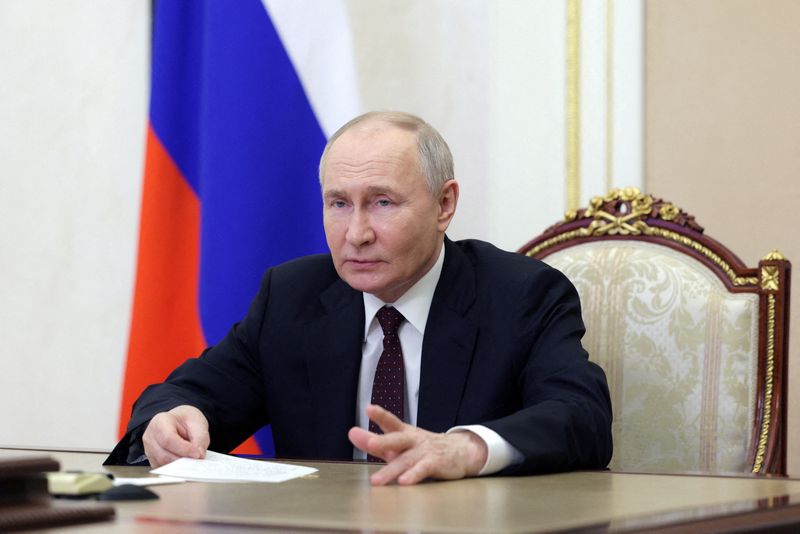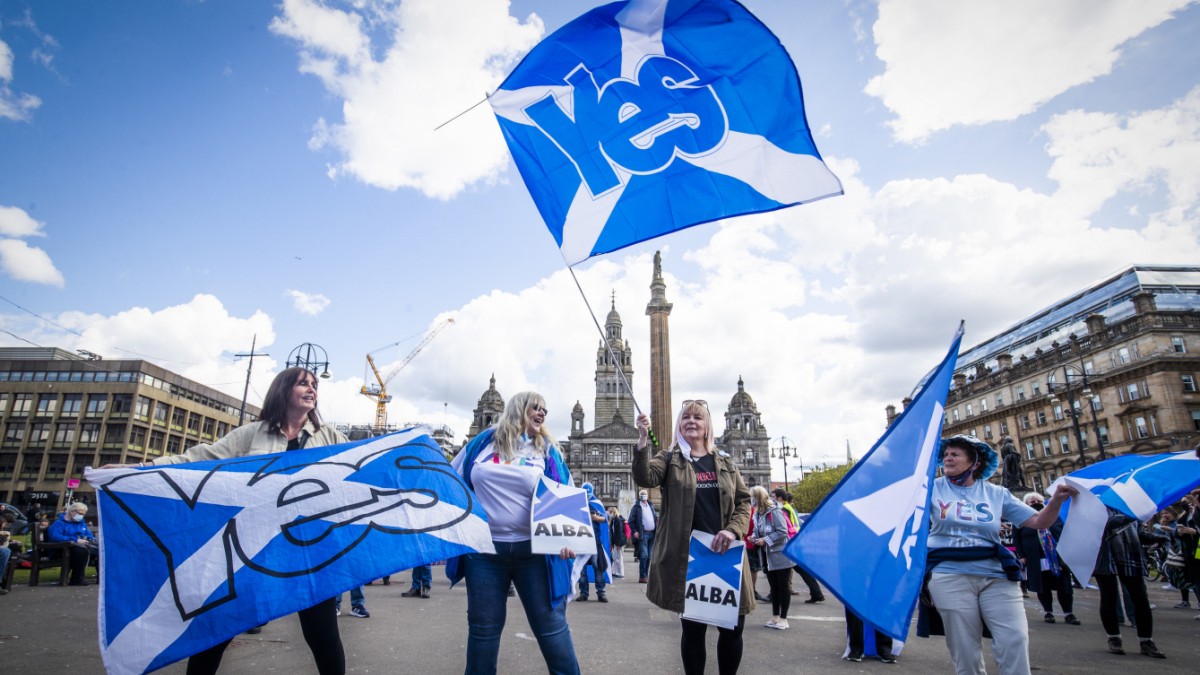The Supreme Court of Great Britain has ruled unanimously not to allow another referendum to be held in Scotland on secession from the United Kingdom against the will of Westminster. Scottish Prime Minister Nicola Sturgeon presented her plans to hold a second independence referendum in June, despite the British government’s refusal. The referendum, which was scheduled to take place in October 2023 if Sturgeon had his way, would be the second since 2014. At that time, a majority of Scots voted to remain in the United Kingdom.
The question before the court was whether the regional parliament in Edinburgh could decide to hold a referendum on secession from London – even if the British government was against it. The prime ministers who have been in office since 2014 – David Cameron, Theresa May, Boris Johnson, Liz Truss and Rishi Sunak – were against a Scottish independence referendum because the Scots had clearly made up their minds in 2014.
Brexit has changed everything
But Sturgeon says that since the Brexit referendum in 2016, the cards have been shuffled: the UK has left the EU, while a clear majority in Scotland has been against Brexit. On the other hand, under the influence of the severe economic and energy crisis that Great Britain is currently experiencing, like many other countries, discussions have become louder again in England about whether Brexit is the wrong decision from an economic perspective. But Prime Minister Sunak denies this.
The rejection of the Scottish application by a court in England could now give a boost to independence supporters who deny that Scotland is a member of a voluntary union. It was upfront first Minister Sturgeon confirms that she will accept a no vote from London, but will then hold the next British general election as a quasi-referendum.
Sturgeon believes democracy is in danger
After announcing the court ruling, Sturgeon said that the Supreme Court’s decision showed that independence was necessary for Scotland to escape the “disaster of Brexit” and the government that did not vote for it. The ruling showed that the UK is not a voluntary union of equal partners and that democracy is at risk. Sturgeon said she was ready to talk to Prime Minister Sunak about reaching an agreement to hold a referendum at any time. He has refused so far.
Instead, Sunak argues that the independence debate is now over. “We welcome the clear and final ruling of the UK Supreme Court,” he said in the House of Commons. He stressed that it was time for politicians to work together for the benefit of the people of Scotland. Rather, it is about tackling underlying problems together, such as economic hardship. The Prime Minister dodged questions from several Scottish National Party (SNP) MPs about how he could in good conscience talk about a voluntary union when he was denying Scotland the right to make a democratic decision through an independence referendum.
Supporters of independence constitute the majority in Parliament in Edinburgh. Regardless of London’s decision, the independence camp called for demonstrations in several Scottish cities that afternoon. There will also be smaller gatherings in five EU cities, including Munich (6.30pm).

“Award-winning music trailblazer. Gamer. Lifelong alcohol enthusiast. Thinker. Passionate analyst.”







More Stories
People: American star Kim Kardashian in Hamburg
Invictus Games: Prince Harry has to choose between the UK and the USA
No principal residence in Great Britain: New buzz around Prince Harry: Is he still allowed to represent his father?